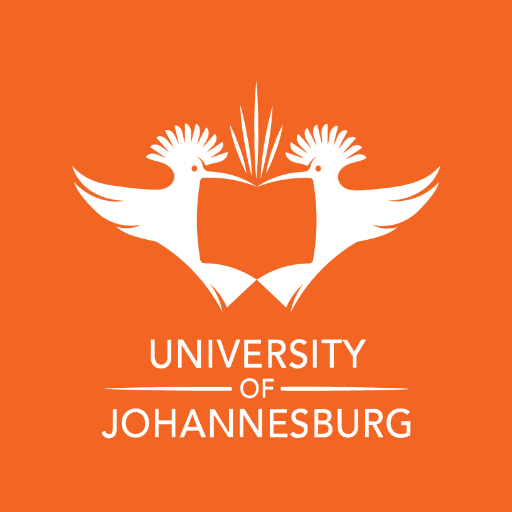Water Management
“As far as possible, borehole water is now used on all campuses, and the four new boreholes for supply subvention from 2019 are now in operation.
A number of initiatives implemented in 2021 contributed to some water savings. The key focus areas in the reduction of water consumption for 2021 were as follows:
> Harvesting rainwater for the purpose of irrigation.
> Achieving 95% installation of water restricting showerheads in residences and installing 100% of new residences with low flow showerheads.
The key focus areas in the reduction of water consumption for 2022 are as follows:
> Ensuring that all new student residences make use of push-taps at kitchen hand basins and bathrooms, and trialing push-taps in shower cubicles to reduce water loss due to inadvertent open tap losses after water supply cuts.
> Completing the drilling programmes for an additional new borehole on each of the campuses, for the purpose of using the water for irrigation.
> Benchmarking water usage against other universities and using this as an incentive to increase savings at UJ.
> Conducting further awareness campaigns on campuses and in residences to achieve water savings.
> Continuing with the ongoing installation of water restricting showerheads and extending the retro-fitting of push-taps in residences and ablution facilities as funds and technological factors permit.
> Considering the use of waterless urinals to reduce water consumption and investigating a waste concentration system on the APK Campus to reduce sewage costs and allow for substantial water recovery for irrigation purposes.
> Another grey water trial is expected to be developed in 2022, which, if more successful than in the past, will be extended to other residences and high-traffic ablution facilities.”

